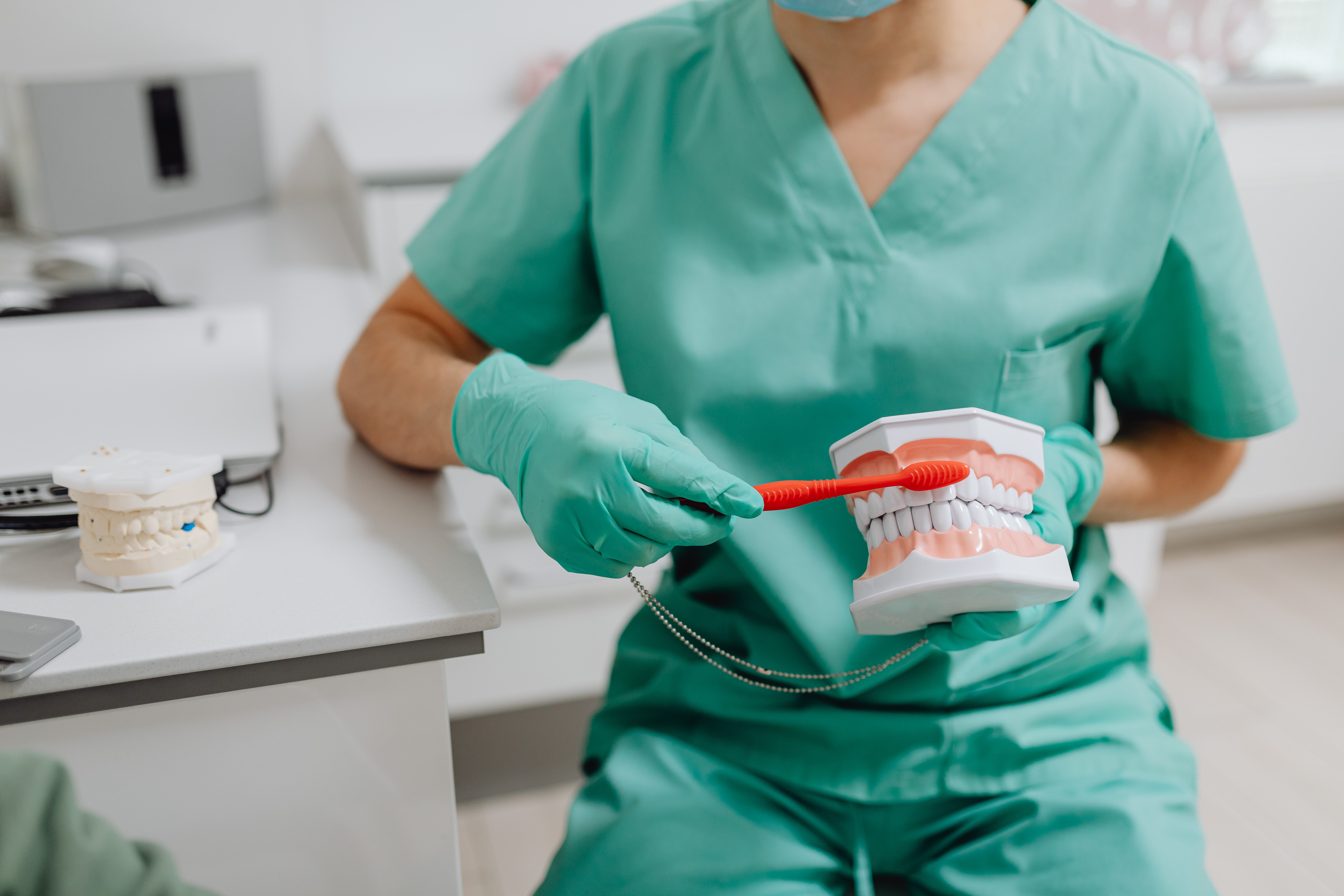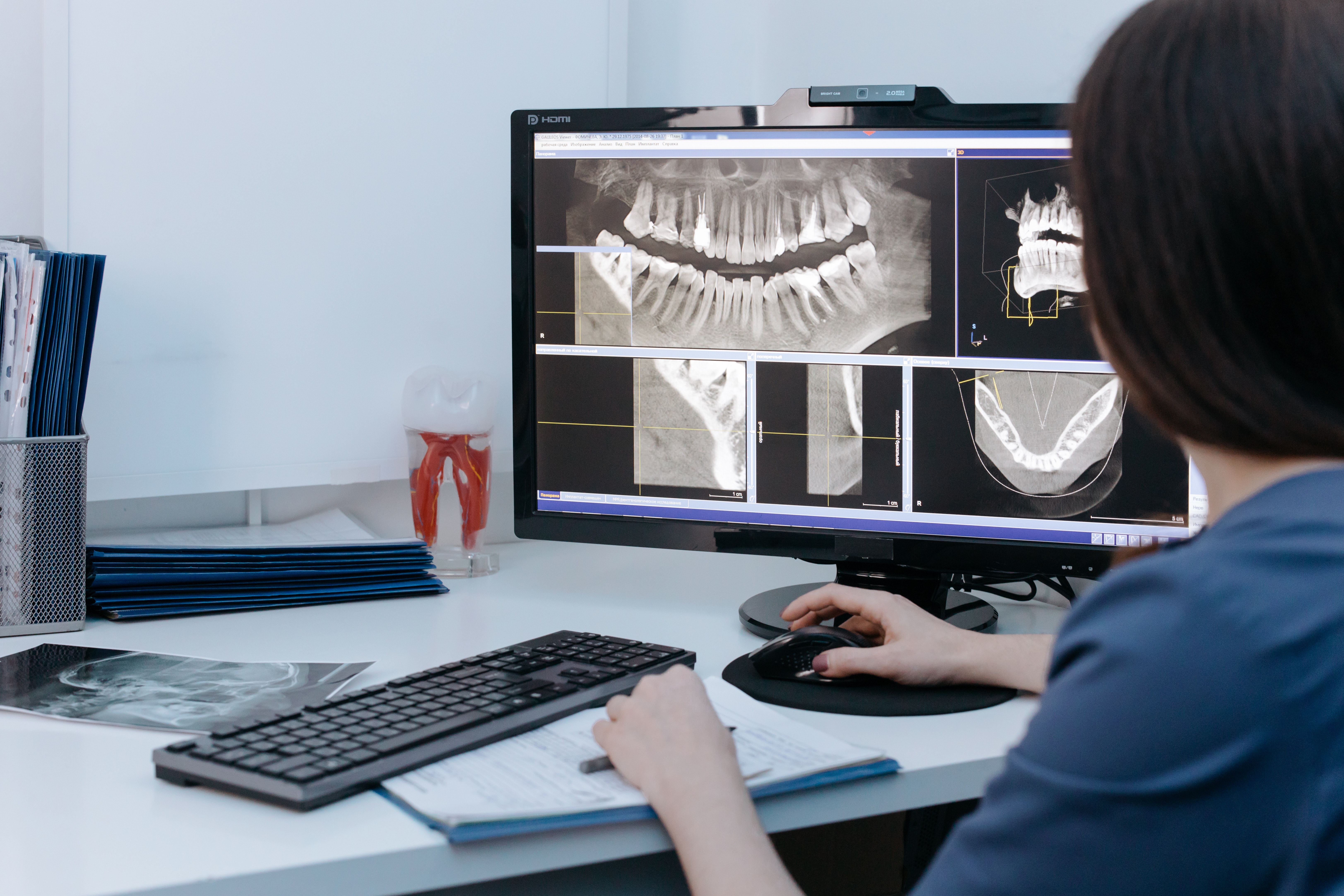Dental pain and discomfort can be extremely debilitating, and even the strongest of patients can find themselves in a dilemma. It can be quite frightening and distressful if you or a member of your family suddenly finds themselves in severe pain and you have nowhere to turn. A dentist that provides dental care in the event of an unforeseen circumstance can feel like a lifeline. Playing sport can sometimes throw up one of those events, and an emergency dentist Dublin can provide the reassurance that you are not alone if you should find yourself in a situation where you require immediate dental help.
With progress comes solutions
Many of the more mature generations can remember a time when there was no such thing as an emergency dentist. Thank goodness that has all changed and that the technological age has helped to provide dentists with ways to assist patients in their times of need. Communication is much better now, and the ability to send a picture by smartphone to the dentist allows the dentist to make a better-informed decision than just an explanation over the phone.
Mouth trauma can be life-threatening
Any form of severe mouth trauma should be investigated by a suitably qualified professional to assess the nature and the possible treatment, whether temporary or permanent. Swelling in the mouth, excessive bleeding and severe pain in the oral region should all be referred to your dentist.
Prevention and maintenance
Of course, other than injury from an accident, maintaining a proper dental regime will reduce the chance of requiring the services of an emergency dentist. Proper brushing using the correct toothbrush and toothpaste for your particular teeth and gums as well as regular six-monthly dental visits are crucial. This type of maintenance will allow your dentist to identify any problems that are slowly developing and help to ensure that your teeth and gums stay healthy, avoiding the need for emergency dental care.
Relationships help to alleviate stress
Building a relationship over many dental visits helps to build an understanding between dentist and patient and is extremely important. That relationship will help a patient feel comfortable should the need arise to call the emergency dentist. Mentally, that relationship makes it easier to convey the symptoms of the problem and a picture, if necessary, in a calm and relaxed manner. Having to suddenly deal with a stranger at the time of an emergency can in itself cause stress. Of course, the nature of the emergency may be such that immediate treatment cannot be supplied, but advice from a dentist helps to bring calm to a stressful situation. Fortunately, in the 21st-century, dentists are more patient-focused; therefore, their dental “bedside manner” is more reassuring.
Remember, your health is what matters
Never be afraid to call the dentist’s emergency number if you feel that it is necessary. The dentist will guide you and help you to preserve a tooth that has become dislodged. They can also advise you of the best course of action to take. You must always try to call the emergency dentist rather than treat yourself or “tough it out” until the next working day. Ensuring that your health is not adversely affected is always the dentist's priority, and they will provide the best guidance, especially in the case of an emergency.
9:19 AM
No comments
























